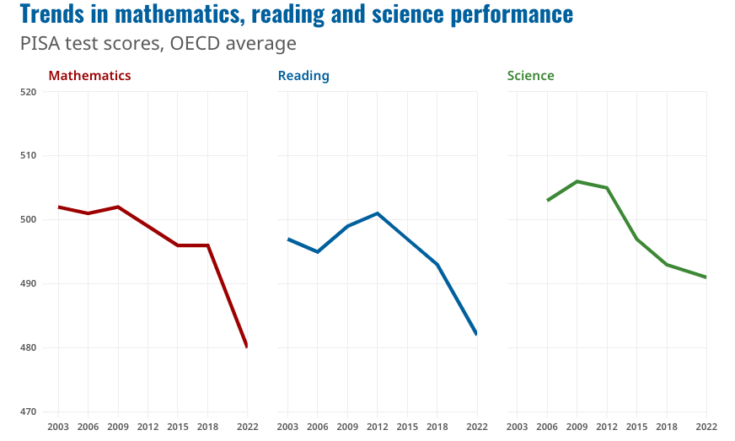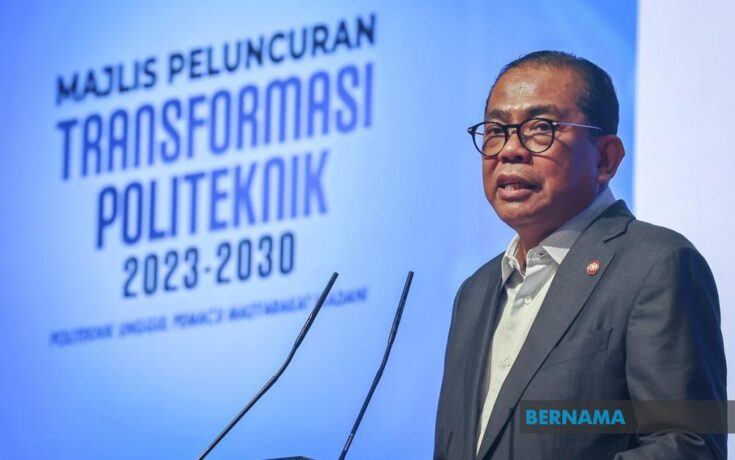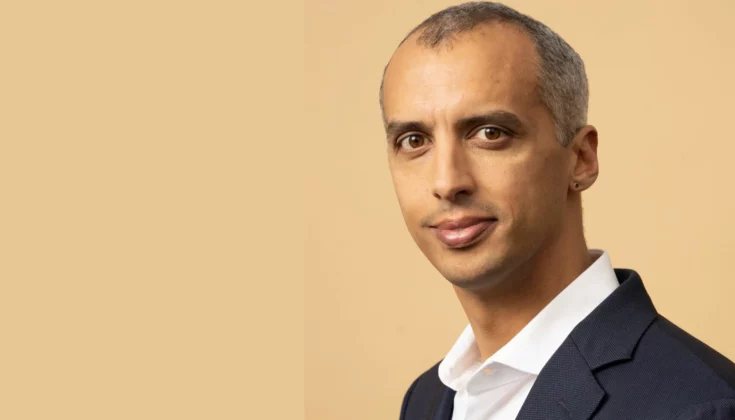
The new results from the Programme for International Student Assessment (PISA) 2022 report shows a general and global decline in 15-year-olds skills regarding reading, mathematics and science since 2018.
For instance, the decline has been significant in Denmark. At least in terms of reading and mathematics, whereas the development for science seems somewhat stable.
But for Malaysia and Finland, the score has gone down in all three domains. For Malaysia, the score is ‘much lower than the average.’
“Malaysia’s performance in Pisa 2022 has shown a decline in all three literacy measures assessed,” Education Deputy Director-General Azman Adnan said when announcing the results at the Education Ministry on 5 December 2023.

He added that students from higher socio-economic status families did better, compared with those from lower status families in all three domains. The same goes for urban students versus students from rural schools.
A threat to democracy
Several experts says this global ‘learning loss’ is due to the pandemic, and PISA suggests so too. But the results still give reason for concerns. At least for Simon Skov Fougt, Associate Professor at the National Centre for School Research at the Danish University of Education.
He believes that it is serious that Danish children and young people are reading historically poorly, and worries how it might affect democracy.
“Ultimately, it is a threat to our democracy, because if we have too many students who are not good at reading, they are easier to manipulate,” he said.
What’s next?
For Malaysia, Azman said the ministry will create strategies to improve programmes, for instance through making a new school curriculum.
However, in Denmark the strategies might be a little different. Minister for Children and Education Mattias Tesfaye does not believe that a school reform is what is needed.

Instead, he worries about the amount of screentime the young generation is consuming, and thinks more ‘practical hours’ should be implemented in the schools. Several schools are already trying to reduce the student’s screentime, and he supports that fully.
But with that said, he also stresses that we move slowly.
“We mustn’t rush. The worst thing that can happen to public schools is that we panic and make panic changes.”
You can check out the report and see the results for each country who participated here.

